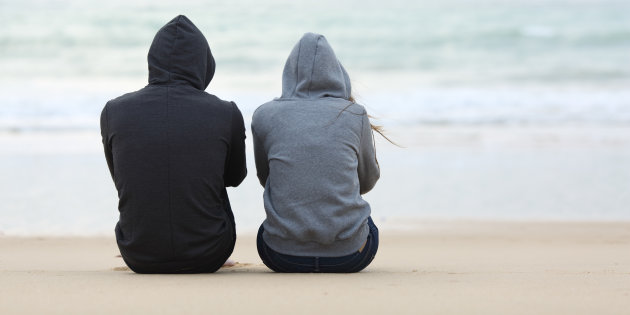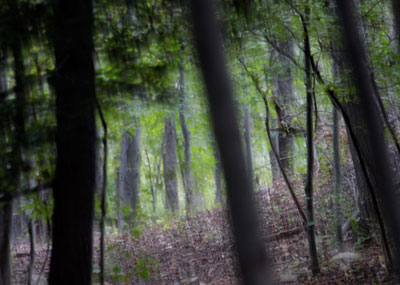 This week, there have been three suicides as a result of trauma and violence, two student survivors of the Parkland, FL school shooting and one parent who lost a child in the Newtown school shooting. This is beyond heartbreaking for both families and school communities who have struggled valiantly to deal with the reality and aftermath of their respective horrors.
This week, there have been three suicides as a result of trauma and violence, two student survivors of the Parkland, FL school shooting and one parent who lost a child in the Newtown school shooting. This is beyond heartbreaking for both families and school communities who have struggled valiantly to deal with the reality and aftermath of their respective horrors.
Generally speaking, suicide can be a tipping point of pain or shame; a plea for help; a response to mental illness and biological vulnerabilities; the last gasp of despair and resignation; a consequence of hopelessness and isolation; an impulsive mistake; a conscious ending of life; the ultimate act of rage and fury; the result of unabated terror; a response to abandonment; the repercussion of accumulated stressors; as well as collateral damage from violence, addiction, and trauma.
In these cases, it is the collateral damage from the trauma of the school shootings and the ensuing complicated grief that most certainly influenced these suicides.
This collateral damage can leave you reeling with extreme emotional pain, gutted by the traumatic endings of your loved ones’ lives and a high probability of survivor’s guilt.
Deep, intractable, dark-holed depression and breath-inhibiting, complicated grief can leave you in a tight, cramped, airless space where you can feel stuck, profoundly tired, deeply detached and disconnected. You can hurt all over. Nothing makes sense. Your thinking becomes binary, right or wrong, good or bad. In a word, boxed.
You can feel utterly despondent and despairing. Grief can sucker punch you in unexpected waves and leave you swimming in tears. Your sense of self has melted. There is overriding pain, conflicting emotions and, often, a continuous replay of the traumatic and violent specifics that leave you helpless and in agony for your lost loved one. Further, as with all grief and trauma, each experience opens the door to the memory of other experience of loss and trauma.
These three suicides serve as a highly charged cautionary tale that complicated grief and trauma leave our loved ones dangerously close to the edge. Clearly, it’s not easy. It is challenging and calls for all of our compassion, understanding and support of those who have found themselves walking this very challenging (in all possible ways) and, possibly, lethal path.
Suicide is not a natural response. If I were to put a pillow over your face, you would instinctively fight me. The pain, the big grief and the trauma had to be so big for each of these individuals to make the choice they did.
May all three of these survivors of the unthinkable find their respective long-lost peace and be held in the light.








